
Protein Intake Should Vary With Age
How much protein should you consume, and from which sources? An 18-year study concludes that it all depends on your age. Protein could give you a longer life, or put you in danger of cancer and diabetes.
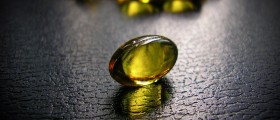
Vitamin D: Who Needs To Take Supplements?
A healthy diet alone doesn't guarantee adequate vitamin D levels. What is vitamin D for, and should you be taking a supplement?
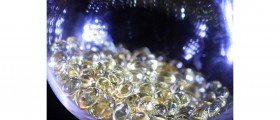
Vitamin D - How Much Do We Need And How Do We Get It?
Vitamin D has been in the news over and over again lately…if you didn’t know any better, you might imagine it was just discovered!

Caffeine Bomb: What Caffeine Does For You and To You
What does caffeine do for you and to you? What about claims that it enhances performance? When should you use caffeine, how much is too much and what are the side effects and drawbacks?
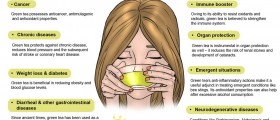
Green Tea - What's The Verdict On It?
In recent years, green tea – owing to its impressive ‘health benefits profile’ – has created quite a stir! The whole world and his wife seems to be drinking (and recommending) green tea. But, is drinking green tea really that beneficial?
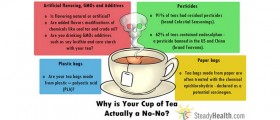
Is Tea Actually A No-No? Check These Harmful Tea Ingredients
Drinking tea is a habit for most of us and it offers an excellent way to relax. However, recent studies suggest that our tea could be full of harmful ingredients. Read on to find out about the harmful ingredients that you could be consuming with your tea.
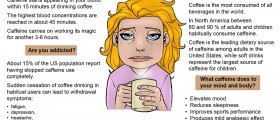
Caffeine - Why Can't We Jump-Start Our Day Without It?
Coffee is the most consumed of beverages. But, what is it that endears coffee to us humans? Mood elevation, alertness, improved cognition and performance are some of the qualities that may very well make coffee just the thing we need in the morning.

Diet High in Fish Can Help You Preserve Bone Density
A diet rich in omega 3 fatty acids and low in omega 6 fatty acids reduces the risk of chronic diseases. A diet skewed in favor of omega 6 fatty acids with less omega 3 fatty acids leads to reduced bone mass density.
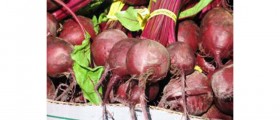
Nutritional Advantages of Beets
Women who are pregnant or trying to get pregnant should include vegetables, such as beets, to their diets as they are rich in folic acid and can help reduce the risk of birth defects. Beets also are high in Vitamin A which is an antioxidant.

An Onion a Day Keeps the Doctor Away
Onions, being the oldest vegetable in history, is one of the most versatile and healthy vegetables you can eat. Whether you eat them raw with their strong pungent taste or cook them to add sweetness and flavor to the meal, they are a healthy choice.

